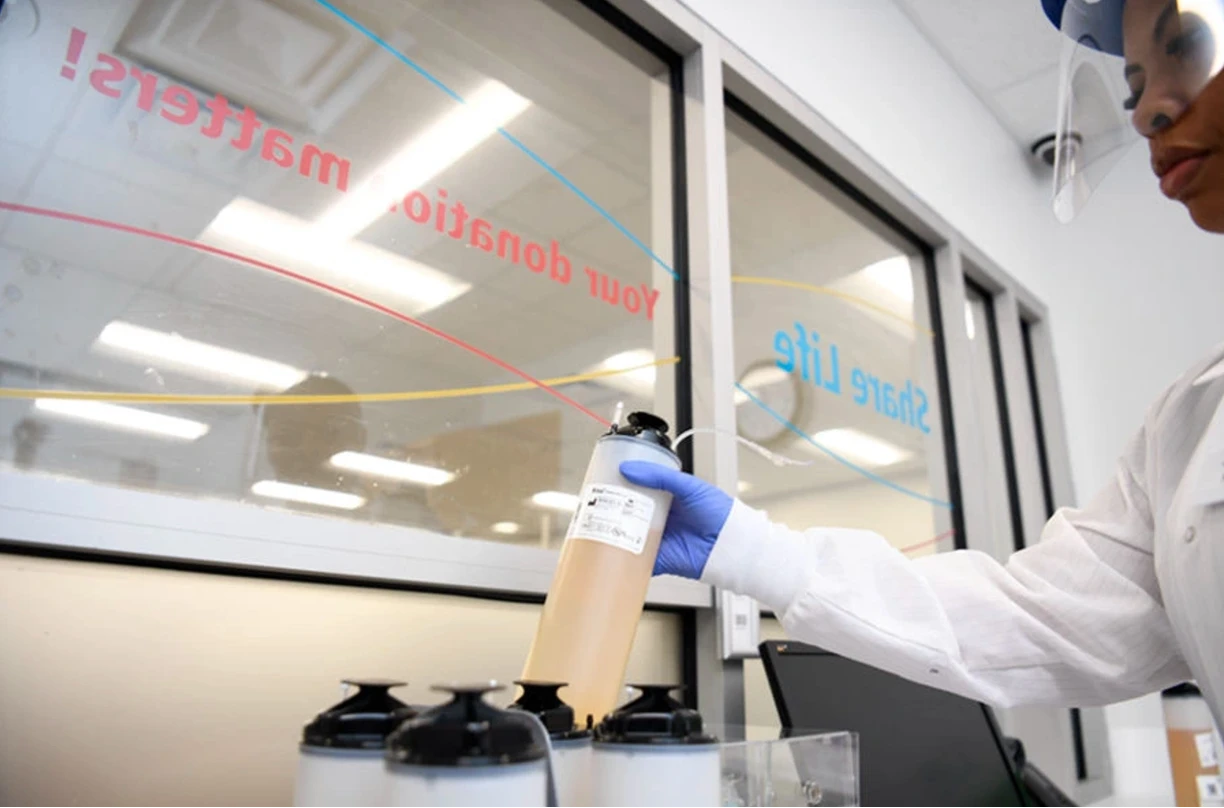Introduction
Donating plasma is a generous act that can help save lives and help improve the health of many individuals. However, to aid in a smooth donation experience, it's crucial to pay attention to your hydration levels. Proper hydration can play a significant role in the plasma donation process, and understanding its importance can help you prepare better. If you are more interested in learning about how to prepare to donate plasma beyond hydration, check out a relevant blog post here.
Why Hydration Matters
Hydration is essential for maintaining your body's overall health and well-being. When it comes to plasma donation, being well-hydrated can make a significant difference in how your body responds to the process. Here are a few reasons why hydration is key:
- Maintains Blood Volume: Plasma is a component of your blood, and staying hydrated helps maintain your blood volume. This ensures that your body has enough fluid to support the donation process without causing any strain.
- May Helps Reduces the Potential of Dizziness and Fainting: Donating plasma can sometimes lead to feelings of dizziness or fainting, especially if you're dehydrated. Staying hydrated helps stabilize your blood pressure and may help reduces the likelihood of experiencing these symptoms.
- Helps Ease the Donation Process: Drinking plenty of water before your donation can help the process be a smoother, more comfortable experience. Hydration can helps make your veins become more accessible and visible., making it easier for our phlebotomists to draw plasma.
How to Stay Hydrated
To ensure you're properly hydrated before donating plasma, consider these general tips:
- Drink Plenty of Water: Aim to drink at least 8-12 glasses of water the day before and the day of your donation. Staying hydrated may help maintain your blood volume and prepare your body for the donation process.
- Avoid Dehydrating Drinks: Steer clear of caffeine and alcohol for at least 24 hours before donating. These drinks can dehydrate you and potentially affect your blood's ability to clot, potentially impacting your eligibility to donate.
- Eat Hydrating Foods: Incorporate hydrating foods into your diet, such as fruits and vegetables with high water content. These may help maintain your hydration levels and provide essential nutrients.
Final Tips for a Successful Donation
In addition to staying hydrated, here are a few final tips to ensure a smooth plasma donation experience:
- Get Adequate Sleep: Aim for 6-8 hours of sleep the night before your donation. Rest may help your body recover and prepare you for the donation process.
- Eat a Balanced Meal: Consume a well-balanced meal rich in iron and protein within 4 hours before your donation. This can help provide your body with the energy it needs for the donation process.
- Wear Comfortable Clothing: Wear loose-fitting clothing or clothing that allows you to comfortably sit for the duration of the donation process . This may also help you feel relaxed and at ease during the process.
Donate at CSL Plasma
Hydration is a crucial aspect of preparing for plasma donation. By staying well-hydrated and following these tips, you'll be better equipped for a successful and more comfortable donation experience. Remember, your generosity can make a significant difference in the lives of others.
Ready to start donating? Find a center near you and together, we can #DoTheAmazing!
Disclaimer: This information is for informational purposes only and is not intended as medical advice. Always consult with a healthcare provider before donating plasma or making any health-related decisions or changes.



